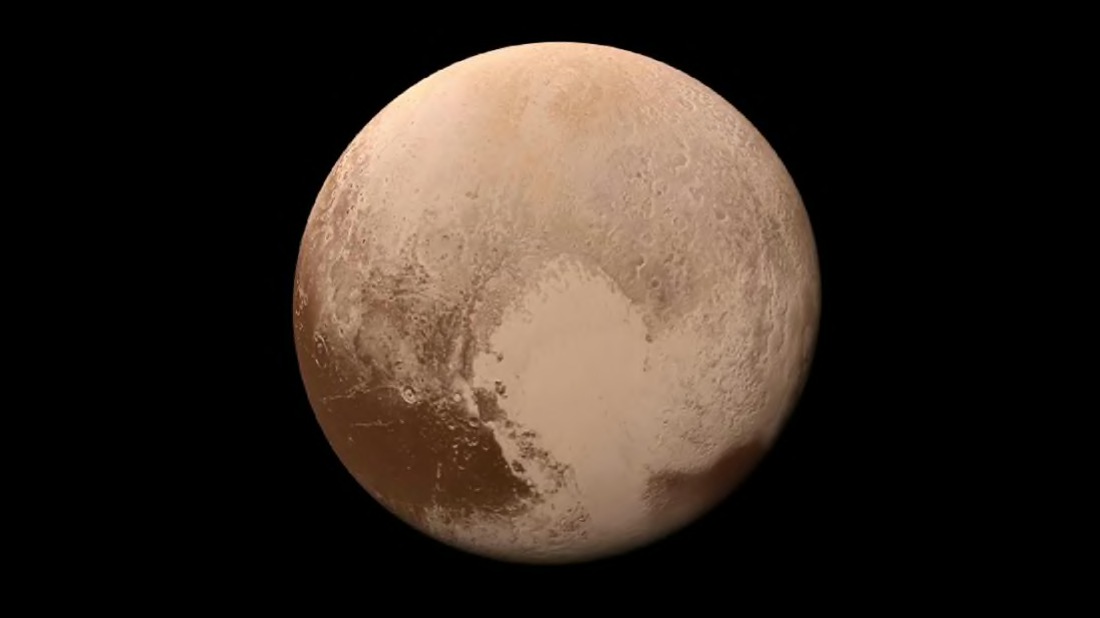This is one of top discussed topic in society. A common opinion is that the Manned Space Flights are not only dangerous but also extravagantly expensive. The recent success of a series of unmanned space probes and satellites has demonstrated that a great deal of useful information can be gathered without the cost and potential human risk associated with manned missions. Therefore we should invest more in unmanned flights in space. But is it really that simple to conclude? let's find out!
After the end of the second world war, the world was trapped in a cold war between the USA and USSR. The competition between two had reached every single aspect, from Military to cultural, from oceanic dominance to Arial dominance. It even expanded to space exploration, Yuri being the first man to reach Low orbit was set back for the USA and NASA who were becoming restive every day. On one fine evening, President Kennedy Announced their plans for Moon and in succeeding year, we got Apollo 8, to first reach and orbit the moon, and Apollo 11, with Neil Armstrong landing on Moon, Making history, a Giant Leap of Mankind.
 |
| Apollo 11 |
The manned space missions have never been safe, over the course of history we have seen many brave astronauts turning in to ashes in front of our eyes. The Columbia Shuttle in 1997 disintegrated just before Landing, Apollo 1, the first in series burned itself down at the Launch-Pad. There are many more such incidents and many more Human losses.
| Last picture of Columbia Shuttle |
As we know the cost for developing a space shuttle to sustain human life is enormous, the Lead shield to protect them from the Solar radiation, the food supply, the water supply, and other necessary equipment, gym take up space and weight, and in space travel, these are the most important things.
Conversely, on the unmanned missions, the craft can be designed to be as compact as possible, saving every aspect of construction.
There have been many unmanned missions who have garnered huge success over the time, take Voyager 1, 2, New Horizon (the one who captured that famous picture of Pluto), Mars Mission. These missions have given us invaluable data without putting human life at risk, at-least not directly.
 |
| Picture of PLUTO by NEW HORIZON 2 |
From the other perspective, nonetheless, we can say that the International Space Station (ISS) is an automated station gathering and transferring valuable data. However, we still need to keep it manned to make it run efficiently. The repairs of system, the management which is something Machines cant do themselves. not yet at least.
Interpretation of data, discerning the surrounding are the things that machines can't do better than humans. We, humans, are better at judgments than the machines we made.
Now, coming to the conclusion. In the future we will surely have to adapt to the space travel (can say by the way we are treating this planet), this is the time to invest and fund in the development of safe Human travel across space. Till then for the missions for data collection, unmanned probes can be prioritized.
Comments
Post a Comment